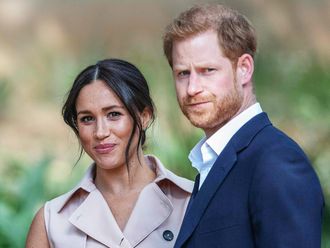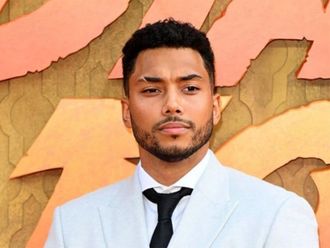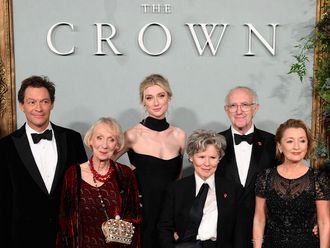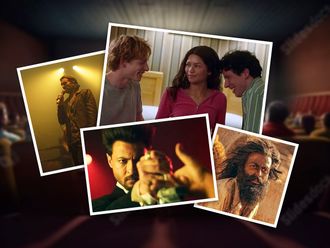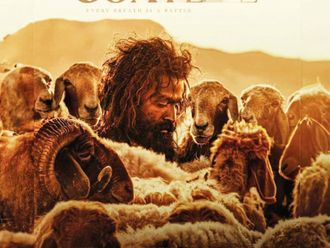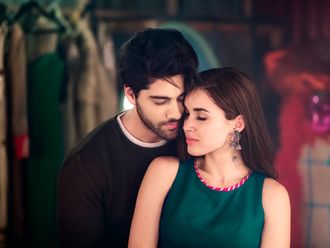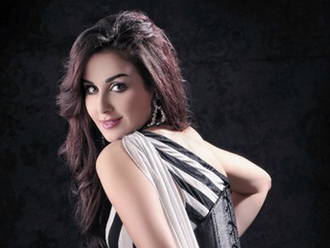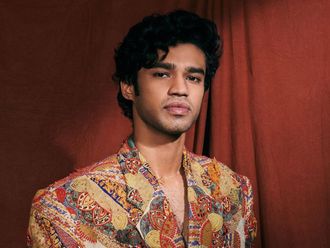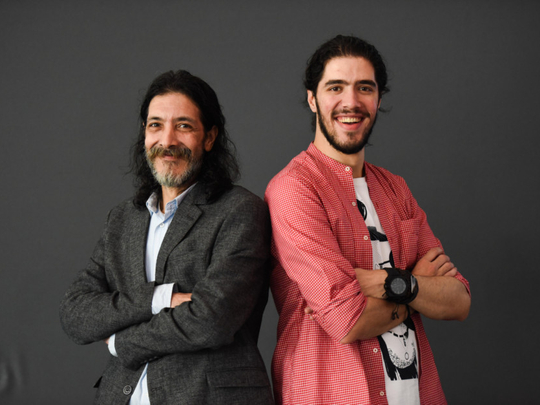
Singer, composer and voice over actor Mohammad Al Arabi Tourgane is following in the footsteps of his father, Tarek, who co-founded the Arabic-language cartoon network Spacetoon in 2000.
Both specialise in creating Arabic theme songs for dubbed foreign cartoons, which have been a major part of Eastern pop culture for decades.
“I didn’t know that I would become like my father. My beginnings were between 1992 and 1994, with Snoopy and The Magic School Bus. I officially joined Spacetoon in 2007,” said Mohammad on Saturday at the Middle East Film and Comic Con, in a joint interview with his father.
“I studied law, which is really far away from this. But I never worked in law. I never even finished it — I’m in my third year. This is the only work I would do,” he said.
Before launching Spacetoon, Mohammad’s father, Tarek, began working with the dubbed Syrian cartoon network Venus Centre (Markaz Al Zuhra) in the early 90s. His first project was Mowgli. He has since worked on theme songs for Ninja Turtles, One Piece, Babar and more.
“This line of work is completely unique. I sing, write and compose songs, but at the same time, my future was never a singer, songwriter nor composer. When I worked on Mowgli, I didn’t know that this kind of career is an option,” he said.
An air of nostalgia now surrounds dubbed cartoons from the 2000s, which had a long-lasting impact on young viewers of the time.
“The way we spoke to kids is what attracted them. We didn’t speak to them in a belittling way, where we simplified words and told them, ‘red, yellow, dad, balloon’. There was something educational, and something for the whole family,” Tarek said.
“In any house now, if a mother or father isn’t happy with a television channel, they won’t let their children watch. Parents must be happy — and we include indirect messages for them,” he added.
In the early days, an estimated 5-15 per cent of international cartoons had the potential to be Arab-ised, said Tarek, but those choices have dwindled to about 1 per cent now. He chalked this up to the prioritisation of marketing and trade over stories, and a mismatch with Eastern ideals.
“No matter how much progress and changes are made, we have our own traditions, such as language and family,” said Tarek. “We are now going back to our original messages — back to educational, familial and belonging stories.”



